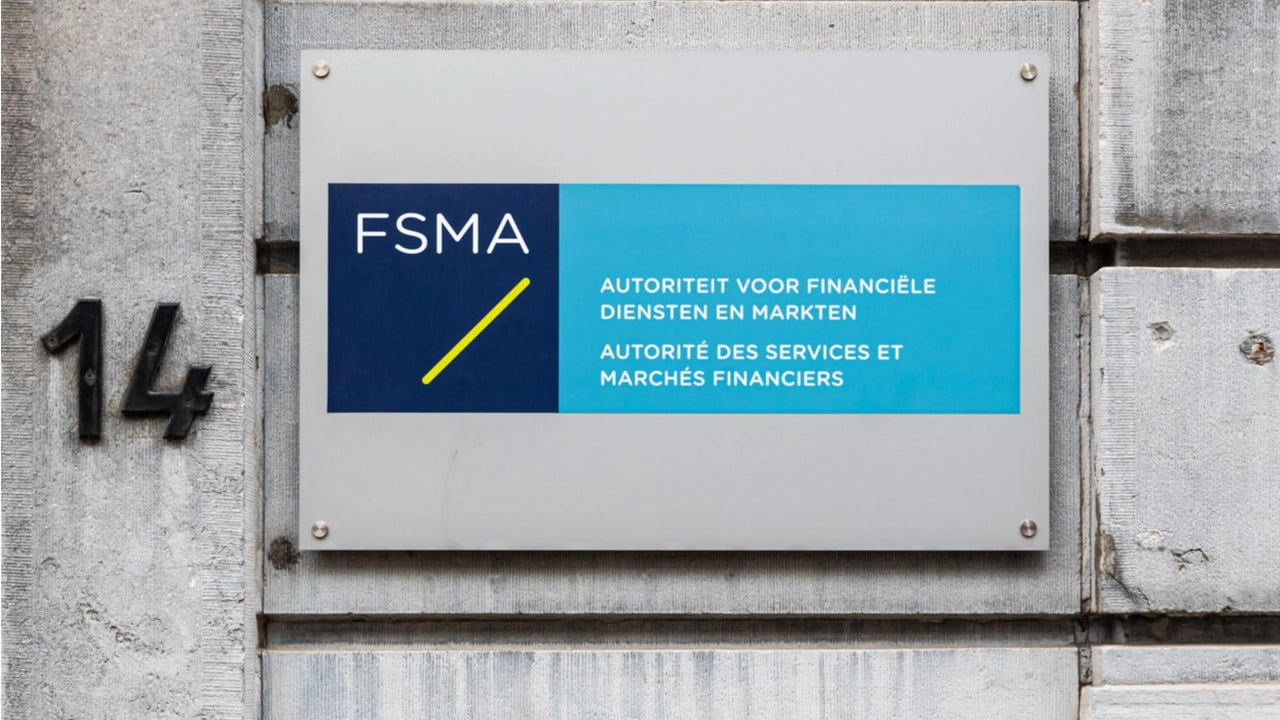Belgium’s Financial Services and Markets Authority (FSMA) received upgraded powers to monitor digital currency adverts on 17 May, it revealed in a report.
The organisation has surveyed investors to prepare for its supervisory role after the law enters force. The latter requires adverts to meet three key conditions, including,
- Advertisements cannot note potential advantages without explaining risks, limitations, and conditions.
- Campaigns with audiences of 25,000 or more must receive approval 10 days ahead of notice. This will allow the Belgian government to “enable the FSMA to intervene, if necessary, before the campaign actually begins.”
- Advertisements cannot post statements about future values or returns. All adverts must have clear language to inform audiences.
Survey Findings
Belgium’s FSMA will also improve educational resources via its Wikifin financial education centre and has surveyed 1,000 investors in the nation to assess the market.
The survey, which took place in November last year, aims to receive data on investment products across the industry.
According to findings, 34 percent of investors aged 16 to 29 had purchased digital currencies. This fell to 11 percent for people aged 50 to 59.
An overwhelming 80 percent of customers were men and natives of Flanders, Wallonia, and Brussels at 63 percent, 22 percent, and 15 percent.
Just 15 percent of investors surveyed held over 10,000 euros in cryptocurrencies and 31 percent totalling 500 euros. More investors used word of mouth and apps over typical investment channels.
Additionally, recent ongoing concerns over the ‘cryptowinter’ have failed to affect market sentiment in buying and selling cryptocurrencies, according to the survey.
7 percent of respondents said they would cease trading virtual currencies due to the crisis. However, over 60 percent said the cryptowinter as a “temporary correction” and would continue trading crypto.
A further 16 percent of investors said the cryptowinter was an opportunity to increase trading.




